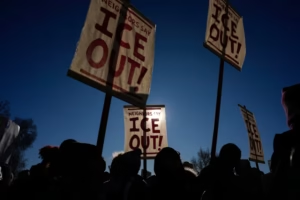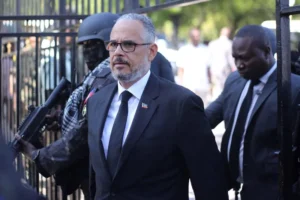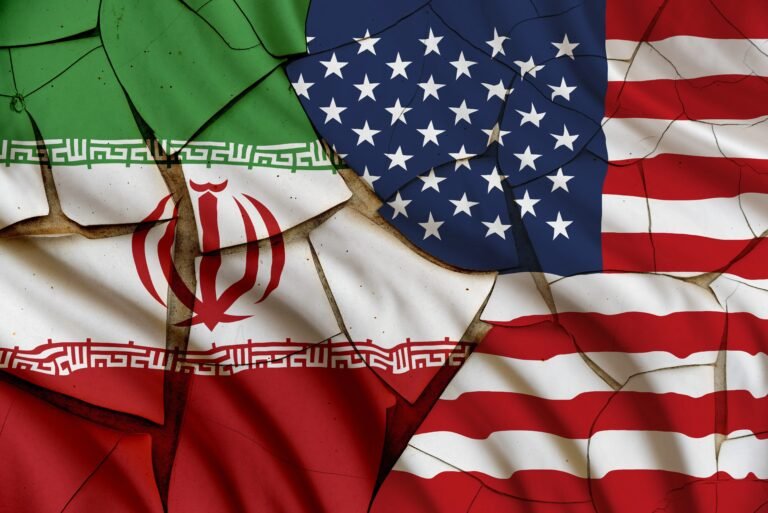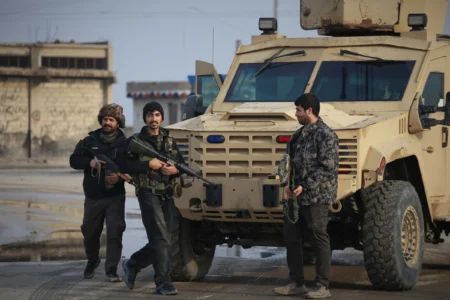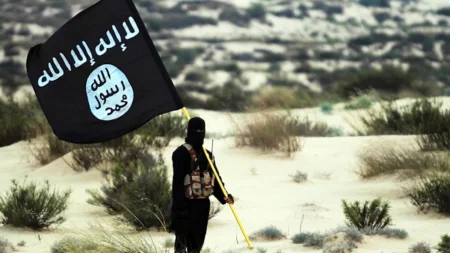The recent attack by the United States on Iran has sparked serious global concern. Professor Delwar Hossain, an expert from Dhaka University’s International Relations Department, sheds light on this escalating crisis. His insights reveal a troubling picture of increasing tensions that may lead to wider conflict.
The involvement of the US and Israel in the Iran conflict marks a dangerous shift. Before the attack, US President Donald Trump had promised to end wars quickly, especially citing the Ukraine conflict as an example. But the recent strike on Iran shows a different approach, exposing a new and more aggressive US stance.
Initially, the White House denied any direct involvement in the Israeli attack on Iran. However, in just ten days, the US position changed repeatedly. This unpredictable behavior has created uncertainty among allied nations and the international community.
The global response to the US attack has been cautious. The Secretary-General of the United Nations described the incident as highly alarming. He warned that such actions threaten global peace and security. Despite the gravity of the situation, no major country has openly condemned or supported the attack yet.
Strategically, the US may be holding back on immediate reactions to carefully plan its next moves. Meanwhile, Israel continues its aggressive campaign against Gaza. The US’s attack on Iran further complicates the regional conflict, raising the stakes for a larger war.
One key issue fueling tensions is the accusation that Iran is close to developing nuclear weapons. However, this claim faces serious doubt. Tulsi Gabbard, a former US intelligence official, once stated Iran had not yet acquired such capabilities. Even the International Atomic Energy Agency has not confirmed that Iran possesses military-grade nuclear weapons.
This lack of clear evidence undermines the justification for the US strike. Many see the attack as unjustified and politically motivated. Critics argue that the US acted unilaterally, without sufficient proof or international support.
Iran has responded with strong rhetoric, warning of retaliation. Professor Hossain points out that while political statements are expected, the reality is that the US has taken a controversial step. This decision has divided American lawmakers and the public. Prominent figures like Senator Bernie Sanders oppose the war, reflecting significant domestic resistance.
Worldwide, many condemn the Israeli attacks on Gaza and the US backing of those actions. Public opinion in the Middle East and beyond is largely against the escalating violence. Yet, despite global criticism, the US has maintained its support for Israel, further straining international relations.
President Trump’s earlier promises of peace now seem broken. His aggressive moves contradict his campaign pledges, disappointing many supporters. The US now risks being drawn into a prolonged and costly conflict in the Middle East.
Iran’s alliances with China and Russia add another layer of complexity. Recently, Iran signed long-term agreements with these global powers, strengthening ties and potentially gaining diplomatic and military backing. This support could influence how the conflict develops in the coming months.
While a full-scale war between the US and Iran is not certain, the possibility remains. Iran may choose to retaliate by targeting US interests across the Middle East. It could also disrupt critical shipping routes like the Hormuz Strait, a key channel for global oil supplies.
However, direct military confrontation may be limited. The imbalance of power is clear: the US has the world’s strongest military, while Iran’s forces are comparatively weaker. An open war could violate international laws and damage the US’s global image.
Israel and Iran’s ongoing military actions can be seen as regional conflict. But when the US, a superpower, attacks Iran directly, it raises serious legal and ethical questions. This move has the potential to isolate the US diplomatically and harm its foreign relations.
Given these factors, Iran might prefer diplomatic efforts over immediate military action. It may focus on strategic responses aimed at Israel, avoiding full-scale war with the US. Such an approach could help prevent the crisis from spiraling out of control.
The situation remains fluid, with high risks on all sides. The world watches closely as Iran, the US, Israel, and their allies navigate this dangerous moment. The coming weeks will likely determine whether peace can be restored or if a broader conflict will erupt.

